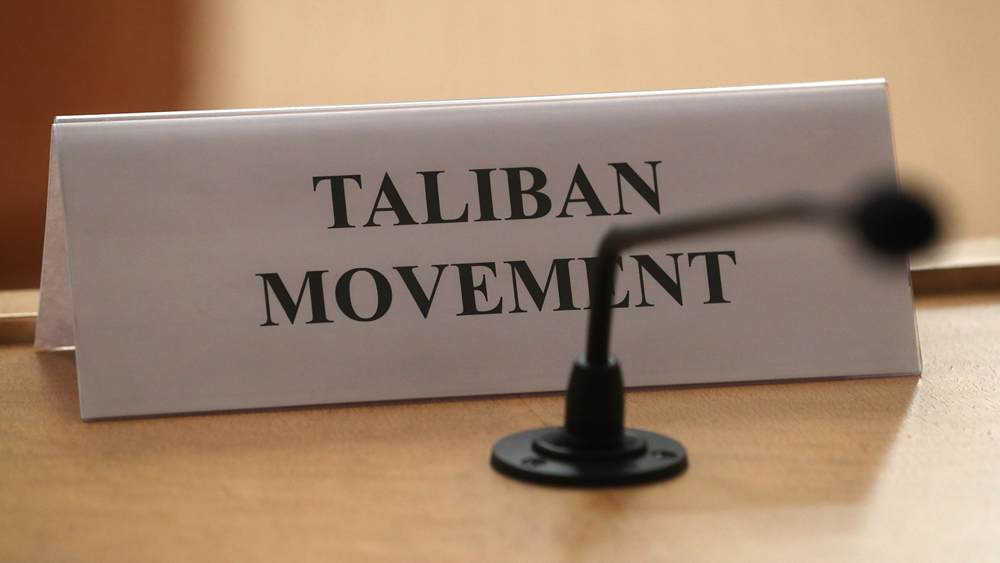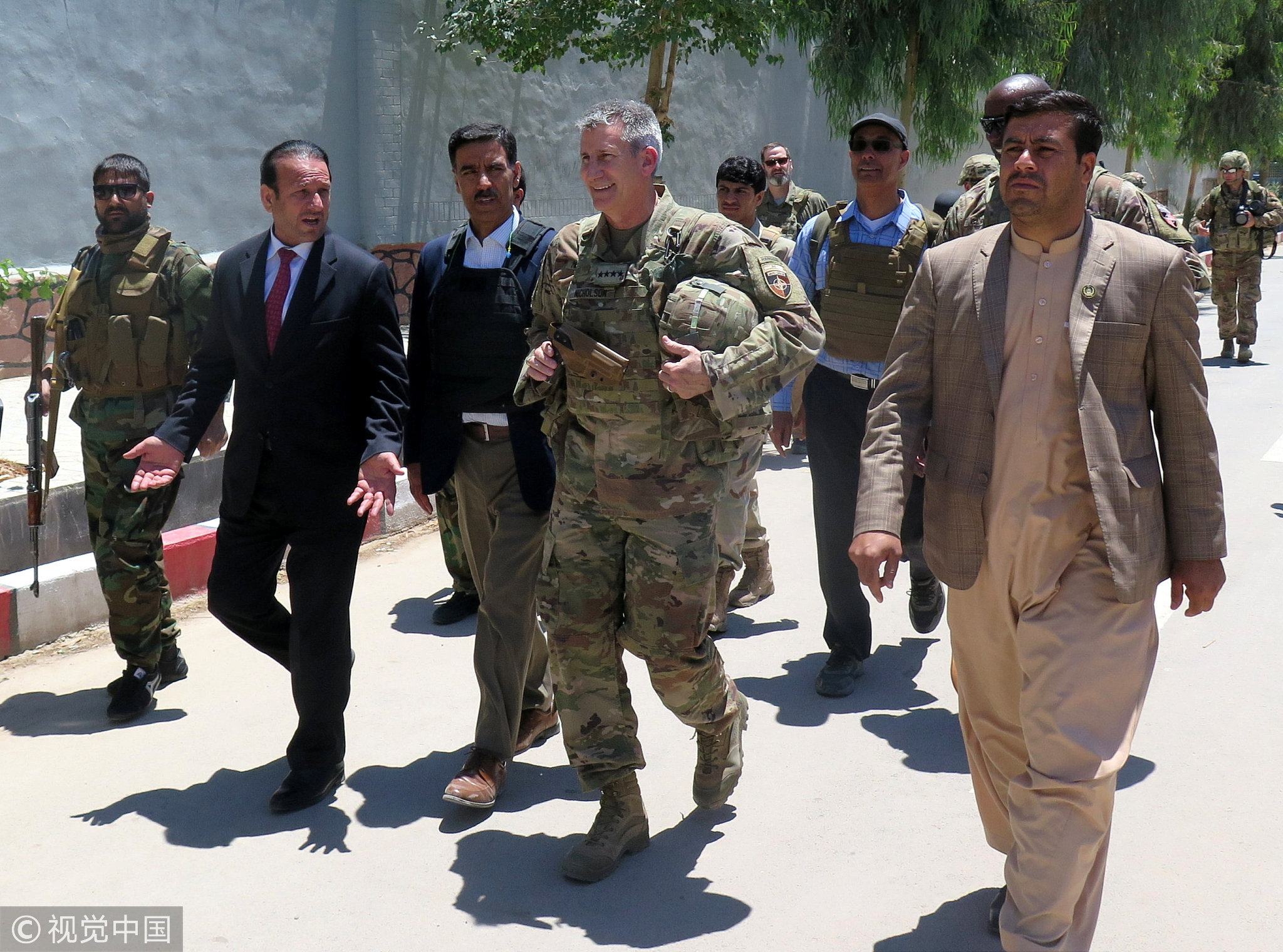
Politics
09:14, 09-Jan-2019
Afghan Taliban cancel peace talks with U.S. citing 'agenda disagreement'
Updated
08:30, 12-Jan-2019
CGTN

The Afghan Taliban said on Tuesday they had called off peace talks with U.S. officials in Qatar this week due to an "agenda disagreement," especially over the involvement of Afghan officials as well as a possible ceasefire and prisoner exchange.
Two days of peace talks had been set to start on Wednesday, Taliban officials told Reuters earlier, but the hardline Islamic militant group had refused to allow "puppet" Afghan officials to join.
The U.S. ambassador to Kabul, John Bass, tweeted that reports of U.S.-Taliban talks on Wednesday were "inaccurate" and added: "Taliban should talk to fellow Afghans as much as they talk to media."
A separate tweet from the U.S. embassy in the Afghan capital stressed that intra-Afghan talks were "essential" to settling the conflict.
The State Department later announced that U.S. Special Representative for Afghanistan Reconciliation Zalmay Khalilzad would lead an interagency delegation to India, China, Afghanistan, and Pakistan from January 8-21 that would meet senior government officials in each country "to facilitate an intra-Afghan political settlement."
It said Khalilzad continued to coordinate his efforts with Afghan President Ashraf Ghani, chief executive Abdullah Abdullah, and other Afghan stakeholders.
"The U.S. goal is to promote dialogue among Afghans about how to end the conflict, and to encourage the parties to come together at the negotiating table to reach a political settlement," the statement said.
The war in Afghanistan is the U.S.' longest overseas military intervention. It has cost Washington nearly a trillion U.S. dollars and killed tens of thousands of people.

General John Nicholson, commander of Resolute Support forces and U.S. forces in Afghanistan (C) walks with Afghan officials during an official visit in Farah province, Afghanistan, May 19, 2018. /VCG Photo
General John Nicholson, commander of Resolute Support forces and U.S. forces in Afghanistan (C) walks with Afghan officials during an official visit in Farah province, Afghanistan, May 19, 2018. /VCG Photo
A Taliban source told Reuters that U.S. officials had insisted that the Taliban should meet Afghan officials in Qatar and said that "both sides were in disagreement over declaring a ceasefire in 2019."
"Both sides have agreed to not meet in Qatar," he added.
Taliban spokesperson Zabihullah Mujahid said earlier that the two sides were still working on the technical details and were not clear on the agenda for the talks.
A Taliban leader had told Reuters that the talks, which would have been the fourth round with Khalilzad, would have involved a U.S. withdrawal, prisoner exchange and the lifting of a ban on movement of Taliban leaders.
Taliban sources said that they had demanded that U.S. authorities release 25,000 prisoners and they would free 3,000, but that U.S. officials were not keen to discuss the exchange at this stage.
"We would never announce any ceasefire until and unless we achieve major gains on the ground. We have the feeling that Zalmay Khalilzad doesn't have enough power to make important decisions," another Taliban official said.
The Taliban have rejected repeated requests from regional powers to allow Afghan officials to take part in the talks, insisting that the U.S. is their main adversary.
Source(s): Reuters

SITEMAP
Copyright © 2018 CGTN. Beijing ICP prepared NO.16065310-3
Copyright © 2018 CGTN. Beijing ICP prepared NO.16065310-3